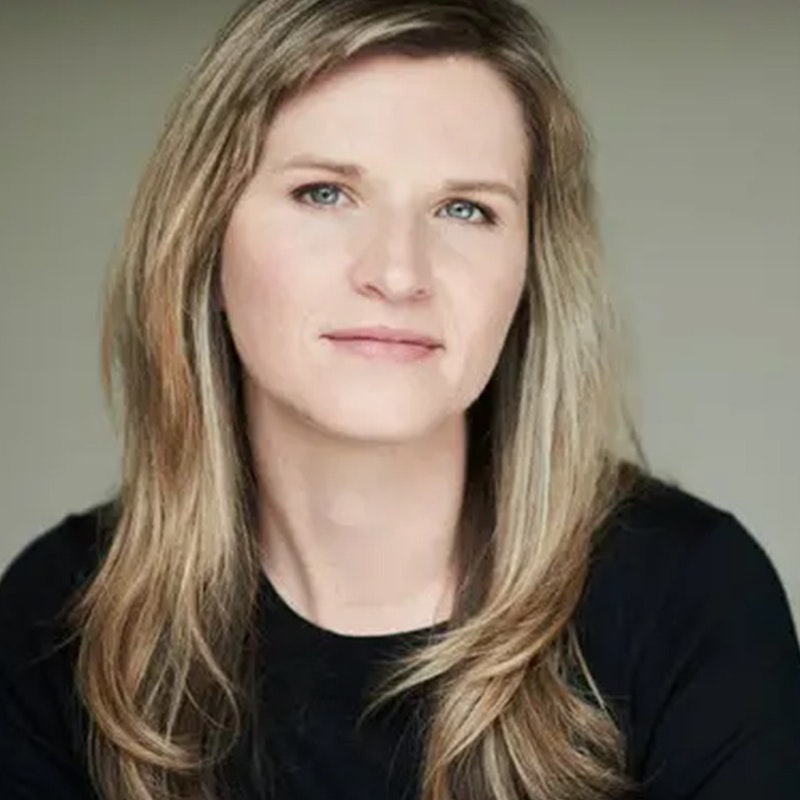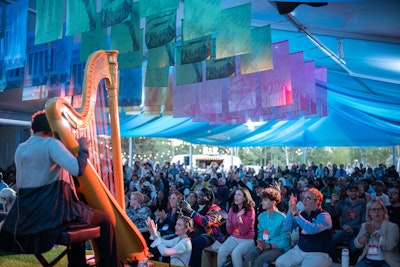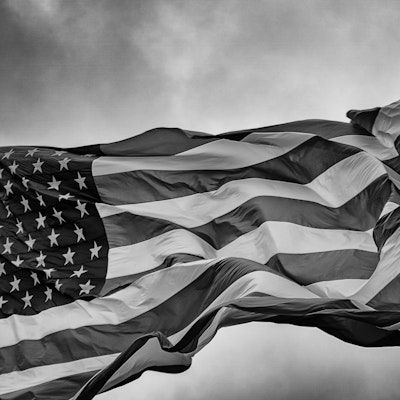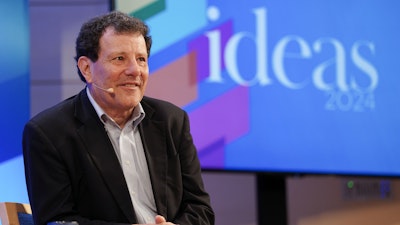
Revising the Narrative on Rural America
Setup
Two authors of acclaimed but thoroughly different memoirs of growing up in rural American communities dive into their experiences growing up in the heartland, what they think urban Americans get wrong about our rural people and places, and how they are using their platforms to address some of the most complex challenges that rural communities face today.
Voting for Donald Trump shouldn’t define who you are
Author Tara Westover says that outsiders have decided for rural Americans that the defining feature of their lives should be the 2016 presidential election. To Westover, not only is that wrong, it’s also counterproductive:
Westover sees the narrative around rural America being distilled down to one choice rural Americans made in the 2016 election, and in doing so the whole country loses valuable context about the nuances of rural Americans.
Journalistic tropes need to change — as do the journalists
What’s needed to improve the conversation about rural America? Tara Westover has an idea:
This excerpt has been lightly edited for clarity
-

Tara Westover: I think the tropes of journalism needs to change. But another difficult part of that is that so few journalists and filmmakers come from these regions...So you’re starting off already with almost no one who has a basic familiarity with those places and cultures. And what I’ve noticed too sometimes is that there's such pressure to turn in a particular type of narrative that even when you get people who has some knowledge or familiarity, there’s such a hunger for information that confirms the stereotype. But even then, sometimes people who know a little better, they turn in that type of narrative because there’s an idea that people are really hungry for it. And they are hungry for it. People like things that confirm what they already think. So I think some of it is on journalism to stop giving people what they want and to stop shaping what they want.
We’re centuries overdue for a discussion about class and inequality
The United States is in collective denial about the role of class in society and politics, says author Sarah Smarsh. Smarsh contends that we don’t have shared definitions for even ubiquitous terms like middle class, yet it’s impossible to understand about rural America without diving into class. Westover agrees with Smarsh, speaking from her experience at Cambridge University:
What’s the right way to frame religiosity in rural America?
Religion is a fundamental institution in many pockets of rural America, but discussions of religion in context of other institutions (politics, education, law and justice) often fall back on shallow cliches. Sarah Smarsh talks about how to thoughtfully engage with religious practitioners in the heartland:
Learn More
Additional Information
Resources
“Heartland: A Memoir of Working Hard and Being Broke in the Richest Country on Earth” by Sarah Smarsh
Explore More
Arts


Julia Louis-Dreyfus has kept us laughing for years in her roles as Elaine Benes in “Seinfeld” and Selina Meyer in “Veep.” But her most recent work has her shifting from comedy...


It’s a tough time to try and express the complexity of life honestly. Writer Chimamanda Ngozi Adichie doesn’t shy away from truth-telling and believes we should all step up an...

Global conflicts and health crises have put into stark relief deeply-ingrained gender roles in society. Yet the past years have also seen record-high numbers of women running...


Creativity is as intrinsic to our species as any of our basic instincts, says Debbie Millman, designer and curator. But for millions of people in the United States, the abilit...


The entertainment industry has had to pivot and refresh time and again to adapt to constant changes in format, business models and attention spans. Somehow, producer Brian Gra...

Of course, Black history shouldn’t just be a month-long nod on our yearly calendar — it is inextricable from American history and fundamental to the very soul of our nation an...


Millions of children across America don’t have art classes in school and don’t grow up going to art museums and galleries. They might be hours away from the closest museum, or...


Many more Americans are struggling to survive and make ends meet than is typically portrayed in the media and public policy debates. And when poverty is depicted, harmful and...

October is National Book Month, and we’re celebrating by looking back at some of our favorite conversations about reading and writing from the Aspen Ideas Festival and Aspen I...

Jump in by watching our 15 most popular talks of all time. From black holes to jazz and civil rights to psychology hacks, we've collected the talks that remain audience favori...


America’s “second founding” came on the heels of the Civil War, when the architects of the 13th, 14th and 15th amendments thought long and hard about how to enshrine civil rig...


It’s been decades since the United States has updated its immigration policies in any sort of comprehensive way, and the problems and suffering at the southern border have per...

The arts are not just forms of expression, but powerful forces that shape culture and the human experience, both reflecting and influencing our world. Join renowned artists, w...


Whether they publicly tout it or not, U.S. technology companies play a powerful role in politics, cultural issues and the way we live. Founder and investor Peter Thiel is one...

The 2024 presidential election is only months away, and the past few weeks alone have brought shocking headlines that change the political ground we stand on — an attempted a...


Sizable electorates around the world are flocking to populist candidates who promise power, domination and a return to better times. The global experiment in liberalism seems...


The federal right to abortions in the United States has been overturned, access to contraception and IVF services are threatened in many states, and the gender wage gap persis...


The Supreme Court has issued another series of controversial and consequential decisions this term, fueling discussion on the current state of the judicial branch. Recent poll...

As one of the foremost reporters of his generation, Nicholas Kristof has been witness to century-defining events and atrocities around the world. How has he managed to weaponi...















